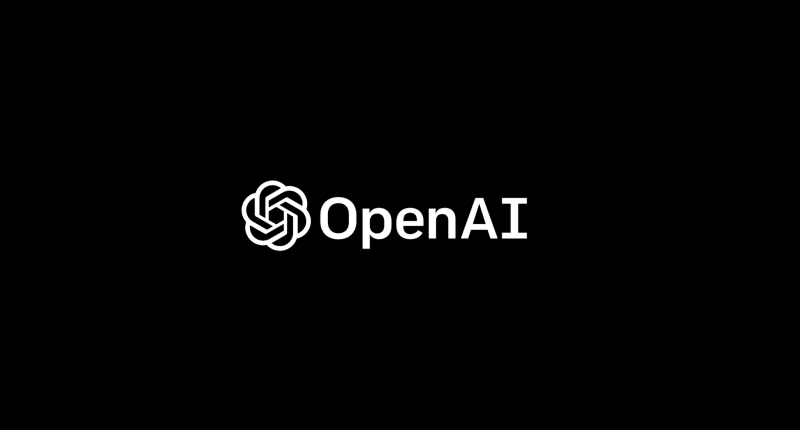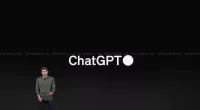OpenAI, the organization behind ChatGPT, may change its corporate structure – a shift that would “best support the mission of ensuring artificial general intelligence (AGI) benefits all of humanity.” The company has revealed its plans in an official statement, revealing that its board of directors is currently contemplating its corporate structure – and a shift would involve transitioning its existing for-profit arm into a Delaware Public Benefit Corporation (PBC), while retaining its non-profit arm, sometime next year.
The development itself is hardly surprising, given that there have been prior speculations that OpenAI could bring changes in the inner workings of the company, and not everyone was in support of this. Elon Musk – one of the firm’s co-founders – had earlier filed a lawsuit seeking to block the transition from a nonprofit entity, and social media giant Meta is trying to halt this transition as well.
If the change in structure is successful, then the nonprofit arm of OpenAI would continue to exist, but it would no longer have control over the day-to-day operations of the company. Instead, it would hold a stake in the for-profit entity, with shares valued by independent financial advisors instead, as well as focus on charitable efforts in health care, education and science. The for-profit entity, in the other hand, will focus on supervising the firm’s “operations and business.”
“We have a non-profit and a for-profit today, and we will continue to have both, with the for-profit’s success enabling the nonprofit to be well funded, better sustained, and in a stronger position for the mission. We view this mission as the most important challenge of our time. It requires simultaneously advancing AI’s capability, safety, and positive impact in the world. In this post, we share the history of our current structure, why we think a change is necessary, and what specific change we are considering,” OpenAI noted in an official statement. Several AI firms – like Anthropic and Musk’s xAI – are registered as PBCs as well.
OpenAI's Board of Directors is evaluating our corporate structure with the goal of making a stronger non-profit supported by the for-profit’s success.
Our plan would create one of the best-resourced non-profits in history. https://t.co/6GvnMyCQmR
— OpenAI (@OpenAI) December 27, 2024
It has been nine years since OpenAI was founded by Musk, Sam Altman, Greg Brockman, and others. Four years down the line, the company established a for-profit subsidiary to help fund its expensive research and in response to the rise in the cost of developing advanced AI systems. This corporate structure – wherein a nonprofit organization controlled a for-profit entity – allowed OpenAI to access venture capital and partnerships with major Big Tech companies, including Microsoft, to support its AI efforts.
Despite this approach’s initial success, the dual structure eventually began to show signs of strain as the nonprofit’s control over the for-profit arm created limitations in terms of raising capital and managing the business side of operations. This could change with the transition to a PBC, which could aid in OpenAI’s need for additional funding to further its AI goals. The company has raised significant sums of money in recent years, including a $6.6 billion funding round back in October, but still expects to lose around $5 billion this year alone. Some of the factors behind this include the significant investments required in research, computing infrastructure, and talent, and as more and more investors demand conventional equity in exchange for their financial backing, which the nonprofit-controlled structure did not easily accommodate.
The Tech Portal is published by Blue Box Media Private Limited. Our investors have no influence over our reporting. Read our full Ownership and Funding Disclosure →






